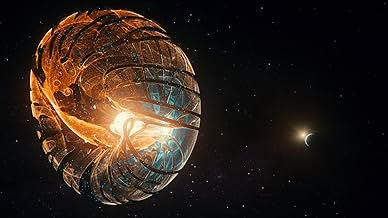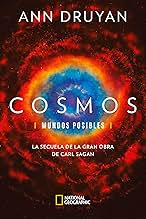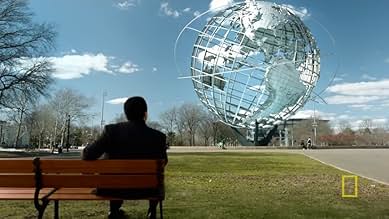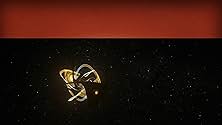Before this season began, the subtitle "possible worlds" gave me the impression that the 13 planned episodes would, one by one, show us a series of scientifically justifiable but altogether imaginary worlds (or more specifically: planets). This series is however, something completely different from that.
After having watched the first six episodes and reading some earlier reviews on the series, I get where the negative reactions stem from: wrongful expectations, not unlike my own.
What this series is doing, won't necessarily become apparant in either the first or the second episode. This may lead to the series coming off as somewhat childlike, but this has a reason, which is explained in the sixth episode (and is in hindsight deductible from the series predecessors). The goal of this series is to educate the broadest possible public, on what scientists today know about what possible worlds are ou there, outside of our own home planet.
It does so by first building a very solid foundation on how the scientific community and with it human society, evolved from our cave dwelling ancestors up until now. It explains what ideas, insights, experiences and so on have been key to getting us where we are now. With the season being halfway through at the moment of writing, it seems to me that my original expectations won't be completely off, but rather they are limited to the last few episodes.
So if you are expecting ground breaking new discoveries tickeling the imagination of a highly educated viewers public, you'll be in for a disappointment. This has however, never been the premise of these series. The goal was, and still is: bridging the gap between the scientific community and the greater general public.
And this is what the series does impressively well.



























